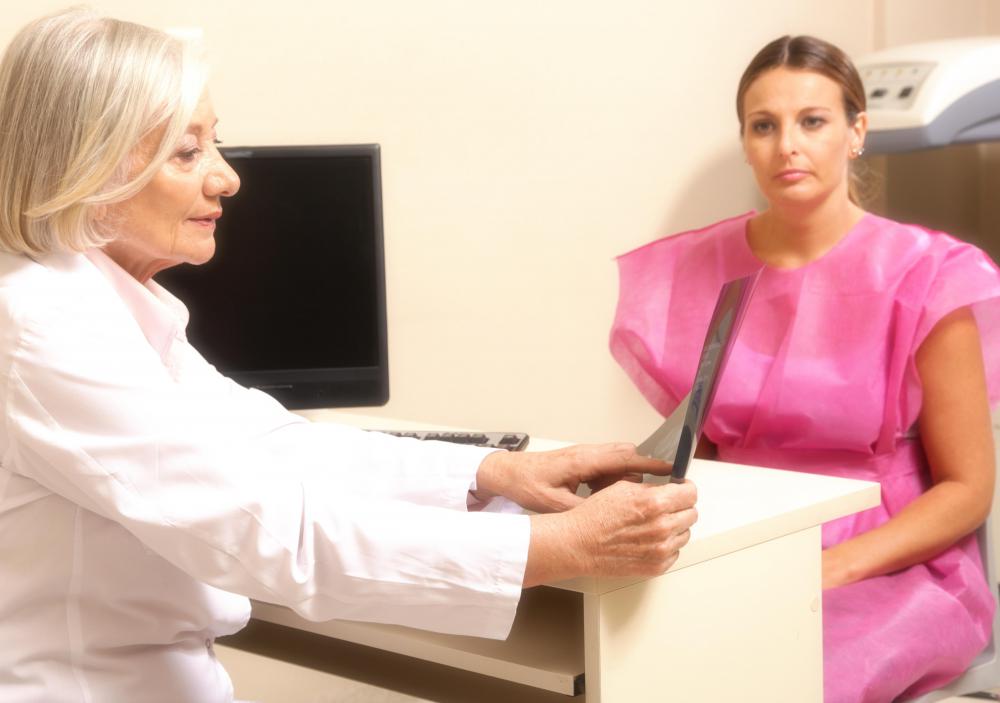At TheHealthBoard, we're committed to delivering accurate, trustworthy information. Our expert-authored content is rigorously fact-checked and sourced from credible authorities. Discover how we uphold the highest standards in providing you with reliable knowledge.
What is Vaginal Cytology?
The study of cells is called cytology. This specialized branch of science studies the anatomy of cells and how individual cells react to other cells. Vaginal cytology is the study of cells that are obtained from the vaginal area. Abnormal cells found in the vaginal area can be an indicator of specific types of cancer or disease.
Vaginal cytology is important for determining a woman's risk for developing cervical cancer. Samples of cervical cells are usually obtained during a routine Pap test. These cells are examined by a lab, and the findings are sent to the doctor. If abnormal cells are present, the doctor must make the determination if further testing is necessary based on the vaginal cytology report.

The presence of abnormal cervical cells on the cervix is called cervical dysplasia. There are various causes of cervical dysplasia. One of the most common causes is the presence of the human papillomavirus (HPV.) This sexually transmitted disease can cause cervical cell changes. In some cases, the presence of HPV can lead to cervical cancer.
A cytology report the doctor receives from a vaginal smear will most likely utilize the Bethesda system for classification of vaginal cytology. A negative result will indicate there are no abnormal cells present. An unsatisfactory result means the sample contains inadequate cells for testing. The doctor may want to repeat the Pap test because of poor sampling.

Benign results from vaginal cytology mean there are no cancer cells present but there may be infection or irritation. If the cytology report shows atypical cells present, this means there are cell changes on the cervix that needs to be monitored. Low-grade changes in cytology usually will indicate the presence of HPV. This may or may not lead to cancer cells.

High-grade changes in the vaginal cytology indicate more severe cell changes. This puts a woman at a higher risk for developing cervical cancer. If the high-grade changes are left untreated, she may develop squamous cell carcinoma or adenocarcinoma. This means cancer is present, and it requires immediate treatment to prevent spreading.
Doctors usually recommend yearly Pap tests for women who are sexually active. If there are changes in the vaginal cytology, the doctor may recommend more frequent testing based upon the type of changes. If a woman has normal cytology on three consecutive Pap tests, the doctor may recommend getting checked once every three years.
AS FEATURED ON:
AS FEATURED ON:


















Discuss this Article
Post your comments